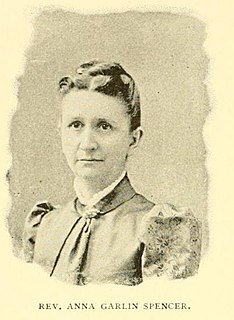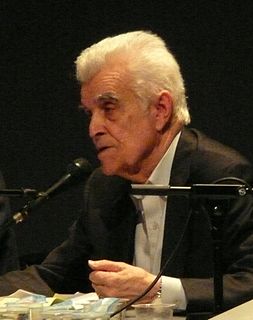A Quote by Laozi
The sage desires no desire, does not value rare treasures, learns without learning, recovers what people have left behind.
Related Quotes
The body is there because the mind seeks desires through the body; desires cannot be fulfilled without the body. You can be completely fulfilled without the body, but desires cannot be fulfilled without the body. Desire needs the body; the body is the vehicle of desire. That's why possession happens. You have heard, you must have heard, many stories about a ghost possessing somebody else. Why is a ghost so interested in possessing somebody else? It is because of desires. Desires cannot be fulfilled without a body, so he enters somebody's body to fulfill his desires.
The fact that only humans above a certain age can be morally virtuous, rather than babies or cats, means that that being moral requires some cognitive ability. If virtue is about desires, it is worth remembering that you can't desire some things without being able to conceive of them. Suppose a virtuous person will desire to make people happy and desire to tell the truth. You can't desire to make people happy without having the concept "happy" and you can't desire to be truthful if you don't have have the concept "lie", so a cat or a baby cannot desire these things.
One hundred years ago, people were faced with the choice of learning to read or remaining illiterate laborers who would be left behind as have-nots in a rapidly modernizing world. In the coming century, being able to command a world that will be thoroughly computerized will set apart those who can live successfully in the future from those who will be utterly left behind.
Buddha says this is how one should be - no desire, because all desires are futile. They are about the future; life is in the present. All desires distract you from the present, all desires distract you from life, all desires are destructive of life, all desires are postponements of life. Life is now and the desire takes you away, farther and farther away from now. And when we see that our life is misery we go on throwing the responsibility on others, and nobody is responsible except us.
Children learn what they live.
If a child lives with criticism... he learns to condemn.
If he lives with hostility... he learns to fight.
If he lives with ridicule... he learns to be shy.
If he lives with shame... he learns to be guilty.
If he lives with tolerance... he learns confidence.
If he lives with praise... he learns to appreciate.
If he lives with fairness... he learns about justice






































